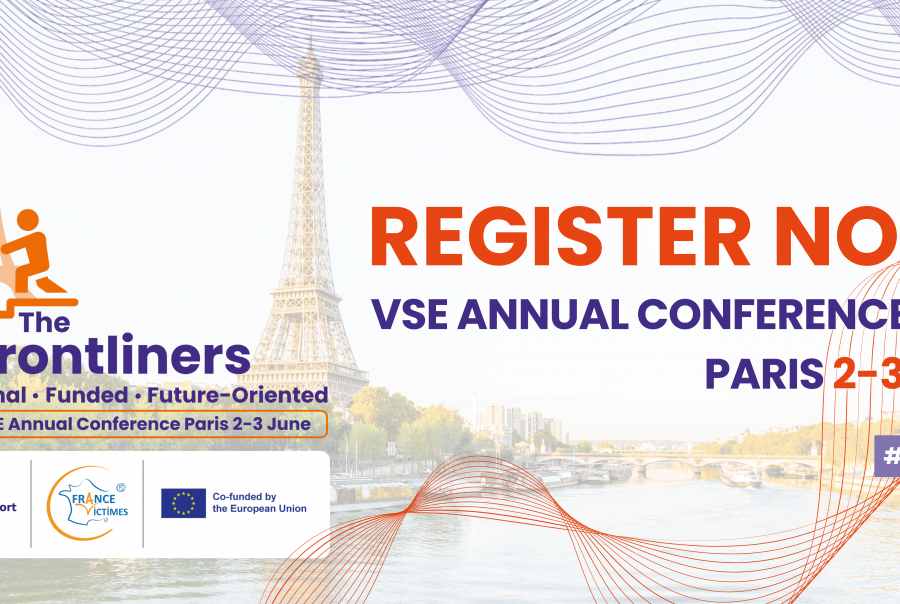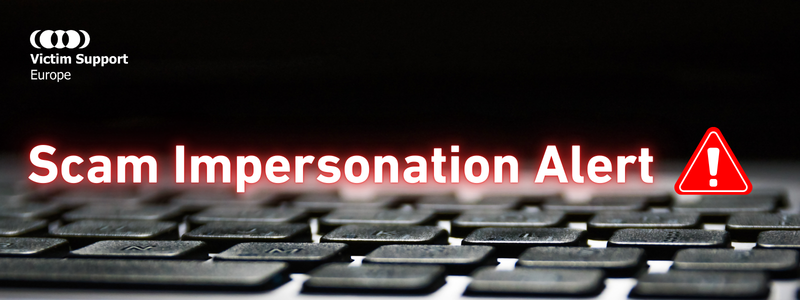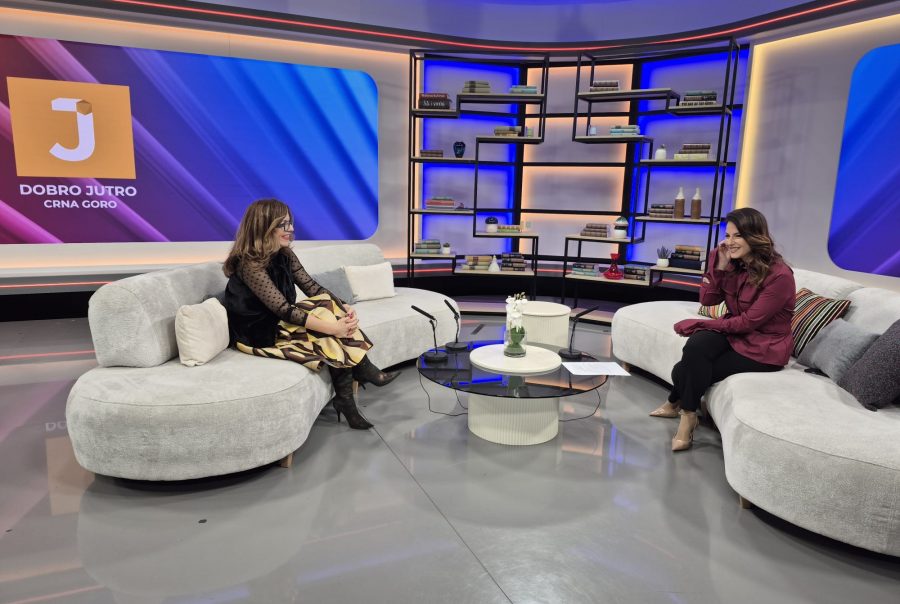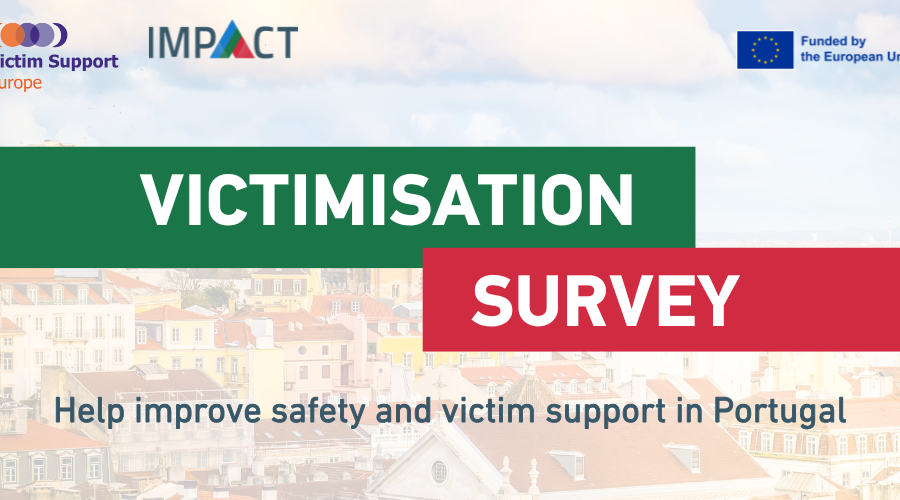
Born into a religious cult and subjected to continuous abuse, neglect, and coercive control from childhood, Moubajel was forced into a marriage just days after her 16th birthday. Trapped for six years under severe physical, sexual, emotional, and financial abuse, and isolated from the outside world, she eventually escaped with her two young daughters.
Her escape, however, did not end the abuse. For over a decade, Moubajel faced threats, re-traumatisation through the family courts, and systemic failures from services that should have protected her and her children. With no support or recognition of her experiences, she was left to survive, learn, and protect her children alone.
Through resilience, self-education, and healing from complex trauma, Moubajel transformed her lived experience into powerful insight. Today, she speaks out on domestic violence, gender-based violence, child and forced marriage, coercive control, human trafficking, and the hidden harms of cult and honour-based violence.
Moubajel uses her unique insight to:
- Give voice to those silenced by fear and shame.
- Expose the gaps and failures in current systems.
- Educate professionals and the public by dispelling myths, stigma, and stereotypes.
- Advocate for policy and legal reforms that truly protect women and children.
- Highlight the vital importance of early acknowledgement and validation of survivors.
Her story is not only one of survival but of resilience and determination to create change. Moubajel brings raw honesty, deep compassion, and unflinching courage to not only shine a light on hidden abuse, but also aims to inspire change in how society understands, responds to, and protects victims – to build a world where women and children are genuinely safe.

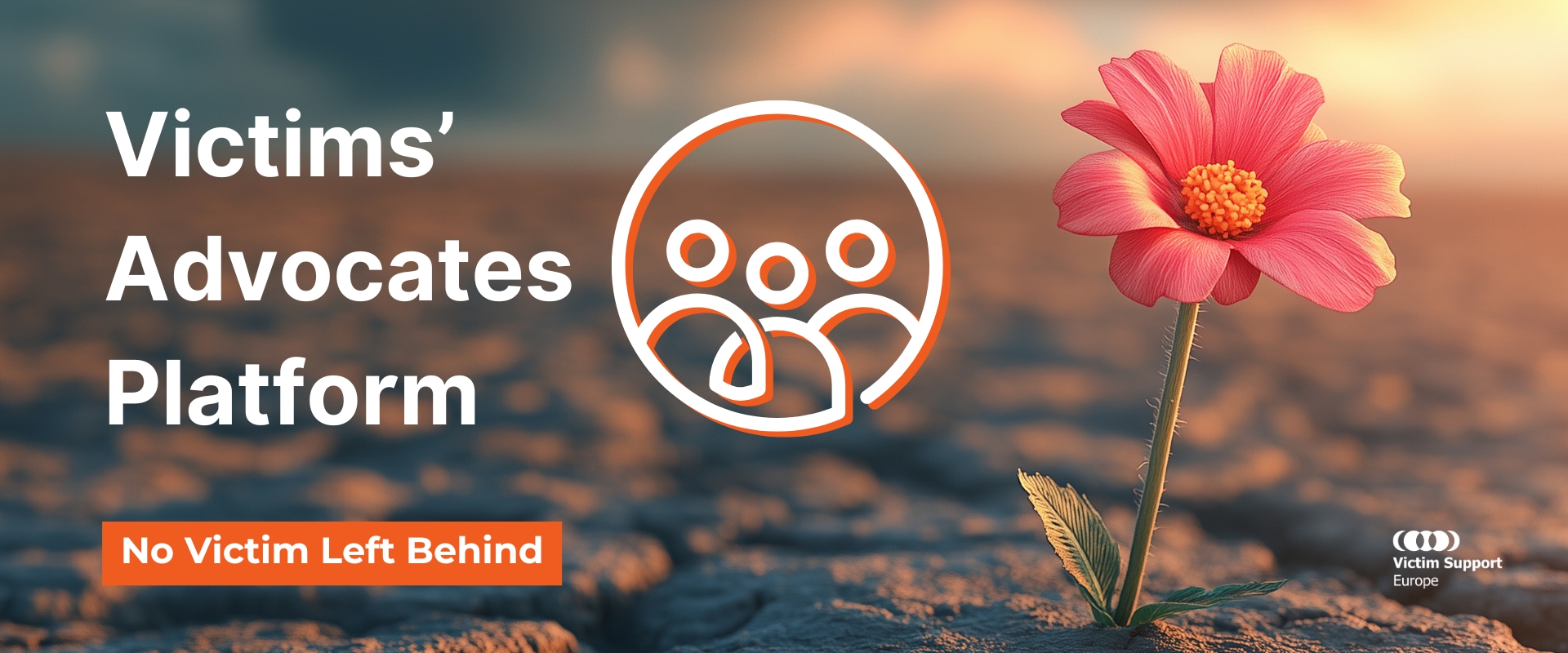
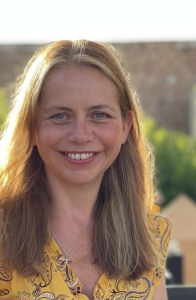
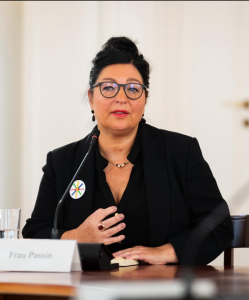
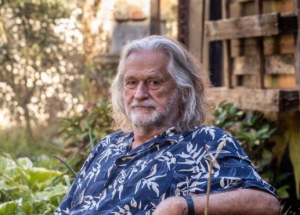 Staf
Staf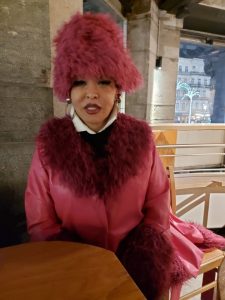

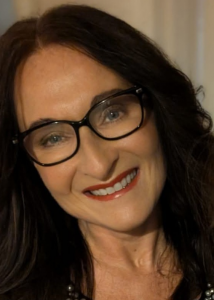 Ruth Maxwell is a survivor of a random knife attack in 2016 that left her with life-changing injuries. Her attacker, later convicted of five violent assaults over six years – including attempted rape, sexual assault and attempted strangulation – is now serving the longest sentence ever handed down in the Republic of Ireland for a single offender.
Ruth Maxwell is a survivor of a random knife attack in 2016 that left her with life-changing injuries. Her attacker, later convicted of five violent assaults over six years – including attempted rape, sexual assault and attempted strangulation – is now serving the longest sentence ever handed down in the Republic of Ireland for a single offender.
